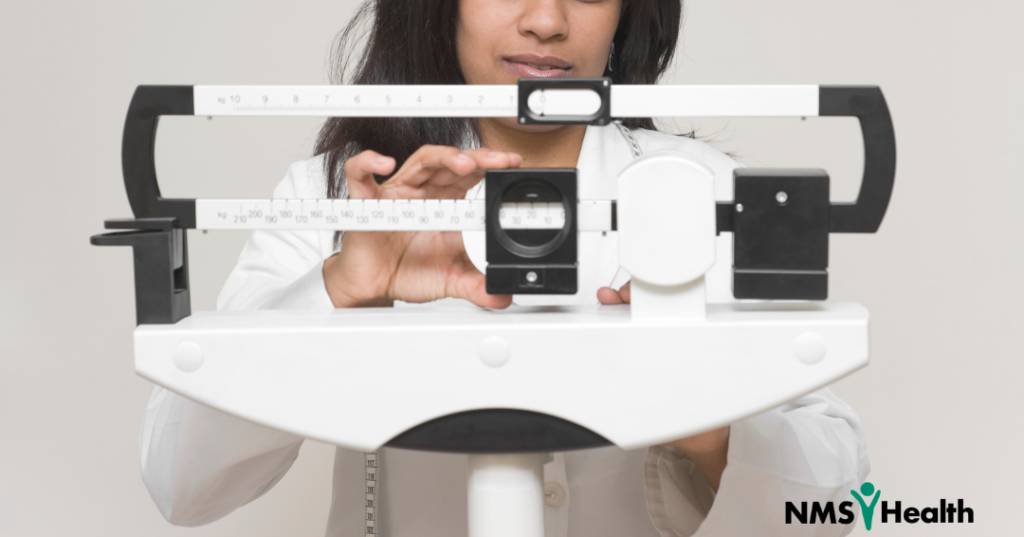Three years after the loss of over 3,600 health workers to COVID-19, occupational safety experts caution that frontline professionals face renewed risks. Amid increasing cases and hospitalizations of respiratory illnesses, hospitals, and healthcare facilities in several states are reintroducing mask requirements.
Recent data from December 28, 2023, paints a concerning picture: more than half of the U.S. population resides in states identified by the CDC as facing “high” or “very high” respiratory illness risks. The resurgence of COVID-19, influenza, and RSV has led U.S. hospitals into a “tripledemic.” This has been amplified by indoor gatherings and holiday travel – creating optimal conditions for viral spread.
Lessons from Past Surges
The resurgence of respiratory illnesses evokes memories of previous healthcare crises, including the Omicron-driven capacity challenges witnessed in 2021. Hospital CEOs across states like Minnesota formerly sounded alarms about threatened access to care. Facilities nationwide grappled with ICU bed shortages and staffing crises. The reintroduction of mask guidelines aims to avert similar challenges, enabling healthcare workers to deliver optimal care while preserving essential resources.
State-by-State Mandates
California: Los Angeles County reinstated mandates based on CDC-defined medium COVID hospitalization levels.
Illinois: Following the Illinois Department of Public Health’s December advisory, hospital systems including Cook County Health and Endeavor Health mandated masks. Rush University Medical Center also announced new masking protocols in specific campus areas.
Massachusetts: Amid significant respiratory illness levels, Berkshire Health System and Mass General Brigham implemented mandatory masking, reflecting the state’s 17% surge in respiratory-related ER visits.
New York: NYC reinstated mask mandates across 11 public hospitals, 30 health centers, and five long-term care facilities.
North Carolina: UNC Hospitals adapted visitor policies, limiting access for those with respiratory symptoms or those aged 11 and younger in certain areas.
Philadelphia, Pennsylvania: More than 10 Main Line Health facilities have mandated masks for patients, staff, and visitors for a minimum of two weeks. Correspondingly, the mandate applies to those in all clinical and common areas.
Washington, D.C.: Medstar National Rehabilitation Hospital mandated masks for staff and admitted patients, citing increased COVID exposure risks.
Wisconsin: UW Health reinforced masking in vulnerable areas, such as transplant or cancer treatment centers.
Vaccination Challenges and CDC Response
Late 2023 saw the CDC issuing a Health Alert Network Advisory. The organization emphatically stressed the critical need to boost vaccination rates against influenza, COVID-19, and RSV. In spite of their warnings, CDC data from mid-December revealed only 44% of U.S. adults received flu shots. Moreover, only 19% updated their COVID-19 vaccinations, and a mere 17.4% of adults above 60 years obtained the RSV vaccine. To address barriers hindering vaccine uptake—such as concerns about side effects, vaccine fatigue, and time constraints—the CDC rolled out communication tools to facilitate informed vaccination discussions with patients.
Ready to elevate your workforce’s health? Partner with NMS Health for your occupational health screenings. With NMS Health, you are not just identifying and preventing future illness. You’re investing in a safer, healthier future for your team. Get started today!


